
Melanoma Starts Evading Treatment Within Hours – Here’s How to Stop It
ISB researchers have uncovered a stealth survival strategy that melanoma cells use to evade targeted therapy, offering a promising new approach to improving treatment outcomes.
The Wei Lab, led by Dr. Wei Wei, works in the highly cross-disciplinary field of BioMEMS, molecular and cellular analysis, and systems biomedicine.

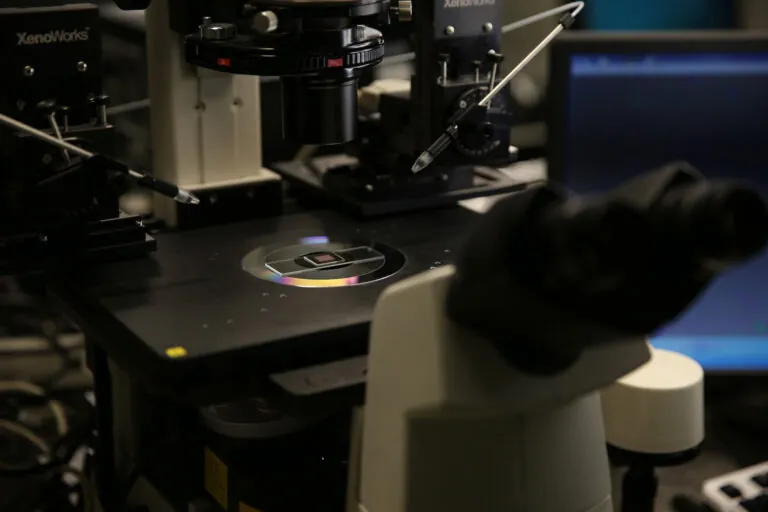
Photo of the single-cell on-chip metabolic cytometry device in use in the ISB optic lab. Photo credit: ISB.
The Wei Lab’s MetaboCore uses a simple needle biopsy and analyzes tumor metabolism to quickly find cancer drug resistance and detect immune responses predictive of immunotherapy success, speeding up the process of finding an effective treatment. Early clinical studies in ovarian, colorectal, and bile duct cancers show MetaboCore to be a fast and reliable diagnostic tool.
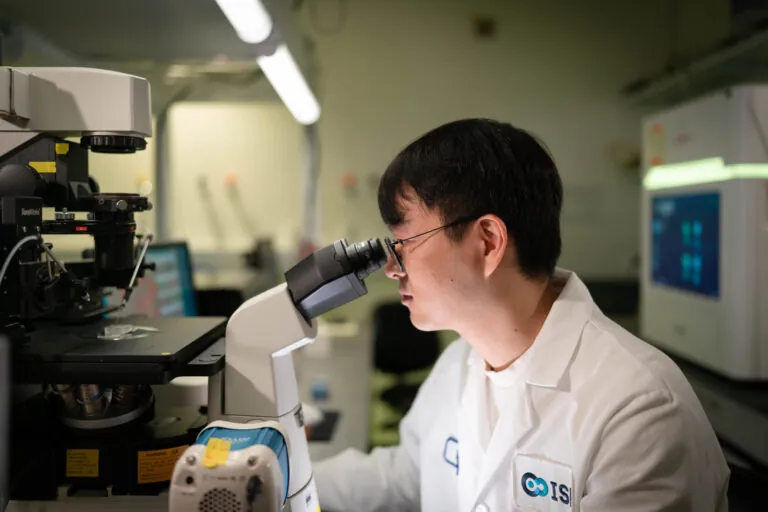
Dr. Yin Tang in the optics lab at ISB. Photo credit: Trevor Dykstra.
Resistance to cancer therapies is inevitable, persistent, and often adaptive rather than genetic. Funded by the NCI and the Andy Hill CARE Fund, the Wei Lab has discovered that adaptive responses start within hours of drug exposure. This response is mutable, making identifying ways to prevent or reverse it promising.
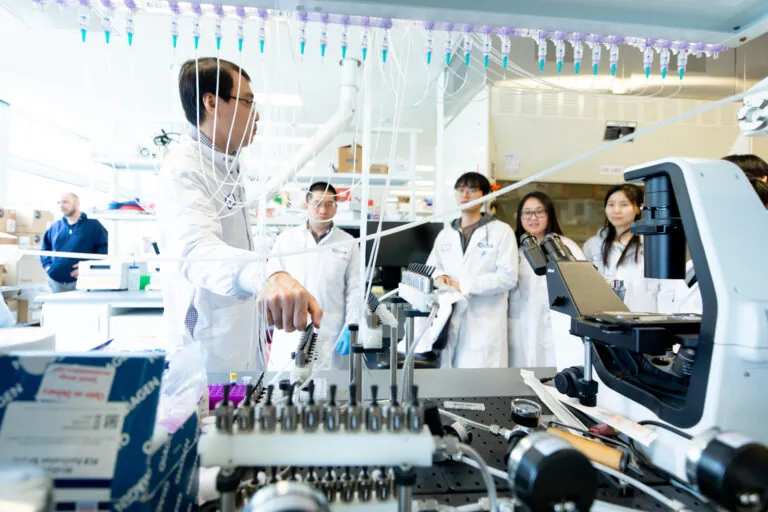
Dr. Wei Wei with his lab at ISB. Photo credit: Scott Eklund / Red Box Pictures.
Tumor tissue samples, used by oncologists to prescribe and monitor immunotherapy, are a limiting factor in personalized immunotherapy. The tumor may be too small, removed without samples, and/or repeat biopsies may be too difficult for the patient. Funded by the National Cancer Institute, the Wei Lab is developing a blood-based tool that leverages circulating tumor cells to replace tissue biopsies.

ISB researchers have uncovered a stealth survival strategy that melanoma cells use to evade targeted therapy, offering a promising new approach to improving treatment outcomes.
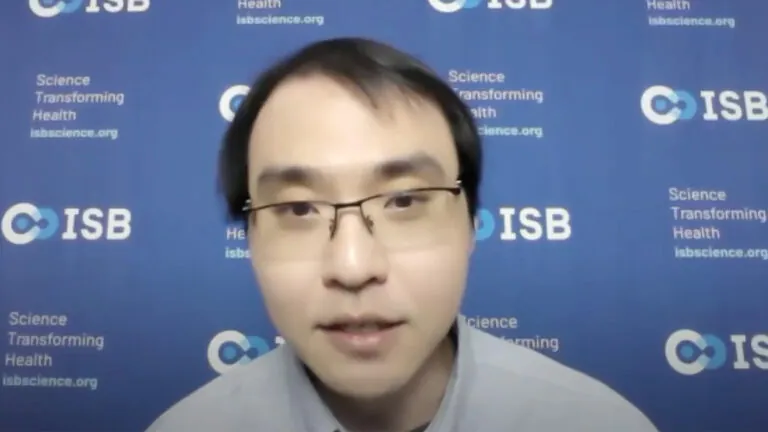
Dr. Wei Wei has developed a promising new companion diagnostic tool called MetaboCore to help physicians quickly select the most effective systemic therapy for each cancer patient.
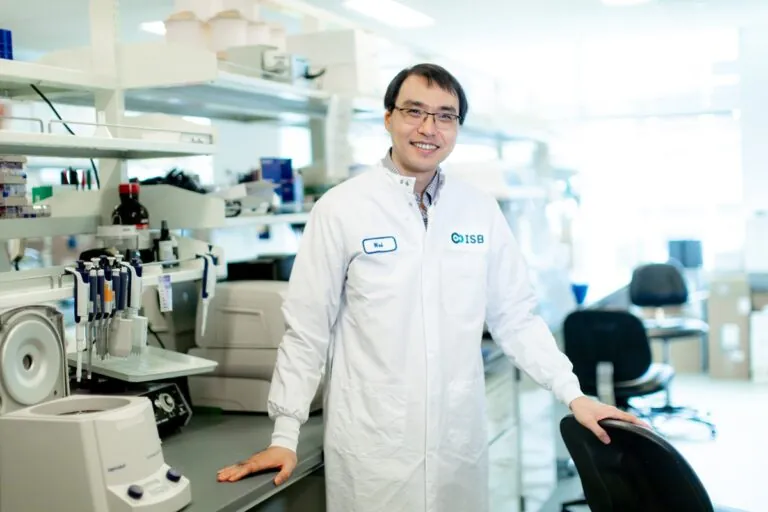
Wei Wei, PhD – an accomplished cancer researcher with expertise in biotechnology and cancer systems biology – has been promoted to ISB associate professor. The Wei Lab focuses on understanding how cancer cells adapt to therapeutic treatment to foster therapy resistance by coordinating their internal molecular machinery and how these adaptive changes evolve within diverse tumors influenced by the tumor microenvironment.

Andy Hill CARE Distinguished Researcher and Associate Professor
ISB